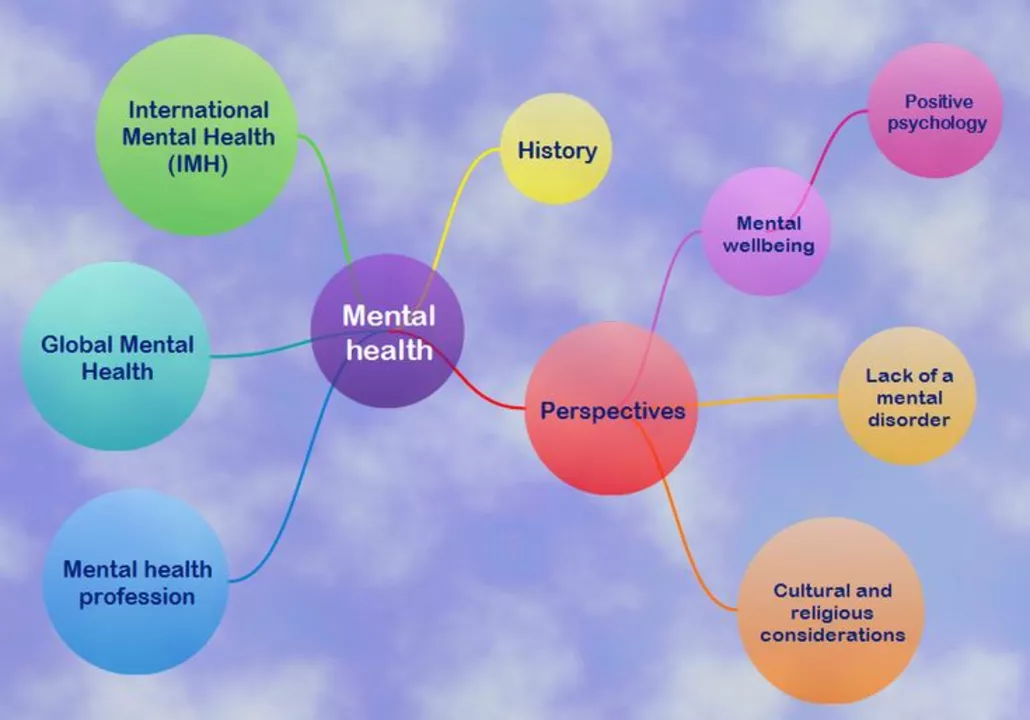Tick Fever: Spot Signs Fast and Act Smart
Did you know a tiny tick bite can lead to a serious fever within days? Tick fever covers several infections spread by ticks — think fever, headache, muscle aches, sometimes a rash. Most bites don’t cause major illness, but knowing what to do right away cuts your risk and stress.
Right after a bite, watch for symptoms that show up 3–14 days later: a high temperature, chills, severe tiredness, headache, muscle or joint pain, and sometimes nausea. A rash may or may not appear depending on the specific infection. If you had a tick attached and start feeling unwell, treat it seriously — don’t wait it out.
How to Remove a Tick Safely
Removing a tick the right way matters. Use fine-tipped tweezers, grab the tick as close to the skin as possible, and pull straight up with steady pressure. Don’t twist, crush, or use substances like petroleum jelly — that can make the tick release more fluid into the bite.
After removal, clean the area with soap and water or an antiseptic. Save the tick in a sealed bag or container and note when and where the bite happened. That can help your doctor identify the risk. If you can, get a photo of the tick or keep it for testing.
Prevention Tips and When to See a Doctor
Stop bites before they happen. Use EPA-registered repellents containing DEET or picaridin on skin and permethrin-treated clothes. Wear long sleeves, tuck pants into socks, and stick to trails away from leaf litter and tall grass. Do full-body checks after being outdoors — ticks like hidden spots like armpits, groin, and scalp.
See a doctor if you develop fever, a spreading rash, severe headache, weakness, or shortness of breath after a tick bite. Tell them when and where the bite occurred and show them the saved tick if you have it. Tests like blood work or PCR can identify the infection, and many tick-borne illnesses respond well to antibiotics if started early.
If you’re in an area where certain tick diseases are common, your doctor may offer preventive treatment after a bite — this depends on the type of tick, how long it was attached, and local disease risk. For kids, pregnant people, or anyone with a weakened immune system, don’t delay medical advice.
Simple steps reduce most risk: remove ticks correctly, monitor for symptoms for two weeks, and use repellents and protective clothing. If in doubt, get checked — early action often makes the difference between a quick recovery and a long fight with illness.
